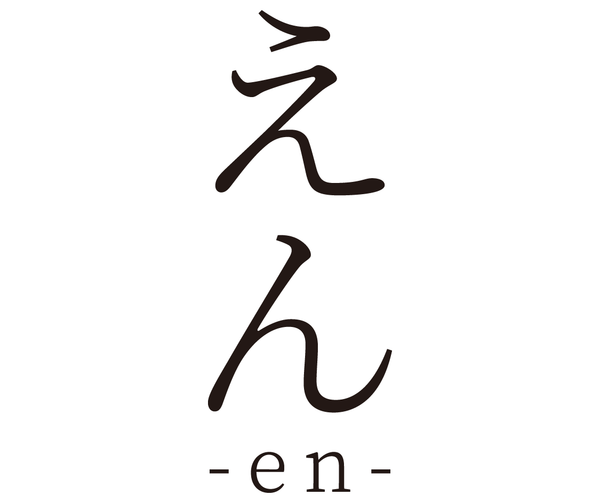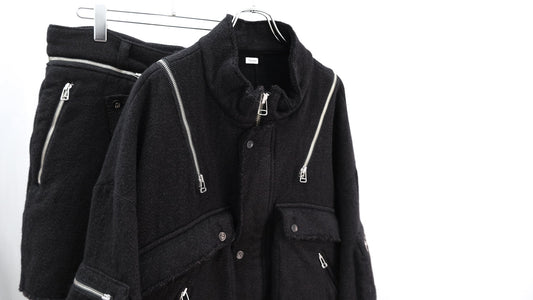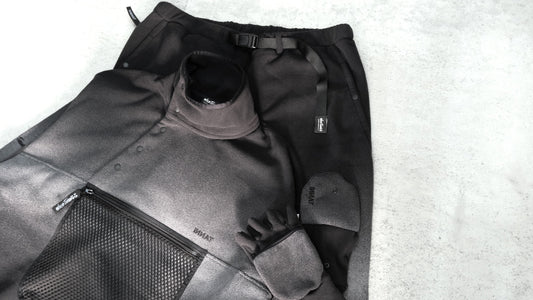
dazzling
Good evening. This is Ikeda.
Yesterday, my nephews on my brother's side went to dreamland.
Another situation where you are left behind in the real world.
I've been left behind in the real world for too long, and the next time I go to dreamland, I might be so dazzled that I'll be dizzy.
The real world isn't bad, but I'm starting to feel jealous of the dreamland.
Is it basketball that has become as popular as Yumekuni these days?
My only familiarity with basketball is from reading SLAM DUNK, but it's interesting to watch a real game.
I've only seen it in the world of manga, so I feel like I've discovered something new.
Even so, the shuttle run-like development of the game, with the exchange of offense and defense, is dazzling.
If I were to run that much now, I would probably end up in a situation that would be more than dizzying.
I have a lot of respect for people who play sports.

I've been drinking less alcohol than I've ever seen before, and I wonder if I've learned to drink in a more mature way.Today, I'd like to introduce you to MAHITO MOTOYOSHI's mandala-print items.
These items are so dazzling that you can't help but fall in love with them.

I don't know much about religion, so I did some research on mandalas. It seems that mandala is an easy-to-understand representation of the teachings of esoteric Buddhism.
I could go deeper into this, but I'll just stick to the simple meaning here.

Psychedelic is combined with that mandala.
When you stare at this very unique pattern that combines mandala and psychedelic elements, you get the feeling that you're getting dizzy, or maybe you're already dazzled.
And yet, there is a part of me that is somehow drawn to it.

Aside from joking that I'll stop there because it's dizzying, there is, of course, a reason why I combined this mandala with psychedelics.
I decided to create this pattern because the two are very similar: the visions seen during near-death experiences written in the Tibetan Book of the Dead, and the hallucinatory effects of using drugs such as hallucinogens.
I had never experienced both and didn't know anything about the former, so I looked into it again and found out.
In Tibet, there is a concept of reincarnation in which the deceased remains only conscious (Pardo) for 49 days after the body ceases to function and takes its last breath, after which it enters a new mother's womb and is reborn. The ``Tibetan Book of the Dead'' contains teachings to guide the dead so that they can get through this period of Pardo without panicking.
(Citation: Ghibli Academic Library )
That's what he said.
I'll only write about this so far, so if you want to know more, please check it out.
In any case, it can be seen that the worldview that designer Motoyoshi draws from is unique.
I say it's unique, but Mr. Motoyoshi himself doesn't get that impression at all.

This pattern is printed on crushed velor.
In addition to the unique pattern, the shiny velor brings out an even more unique atmosphere.
Besides that, I feel that the velor adds depth and three-dimensionality to the pattern.

We have selected 3 types from the mandala print items available.
First up is the padded poncho coat, which had a strong presence in the collection.
The printed pattern alone has a strong presence, but by using it on a voluminous poncho, it makes a statement from the front.
It's almost enough to make you feel satisfied just wearing one piece.

Because it's padded with velor, it feels like a futon, making you feel like you're wrapped up in it.
As for the size, it goes without saying that it is large, and you will understand when you look at it.
A poncho with a bold pattern and a bold silhouette, we want you to experience this world view for yourself.
Next up was a long shirt with a different hem at the front and back.
There is a considerable difference between the front and back of the hem, and there is also a deep slit.
When I walk around, I can imagine it fluttering and giving off a bewitching effect.

The width is a little loose and has a relaxed silhouette.
In addition to its long length, it also has a falling silhouette that gives it a neat look.
Not only can you wear it alone, but you can also enjoy layering it by taking advantage of its long length.
The last one is cut and sewn with dolman sleeves.
It's a simple cut-and-sew item, so I think you'll find the pattern more straightforward among the three items.
I personally think it's straightforward, but I think it means that I tend to focus on things other than the handle less often than others.

The loose silhouette of the dolman sleeve makes it easy to wear, and it makes a statement that plain cut-and-sew fabrics cannot.
I feel like I often can't find a cut-and-sew item that makes a statement with just one piece, so it's a good idea to have one on hand.
Each one has its own merits, and you may be confused about which one to wear.
Be sure to check out MAHITO MOTOYOSHI's mandala items, which have dazzlingly unique patterns and dazzling charm.
Ikeda







